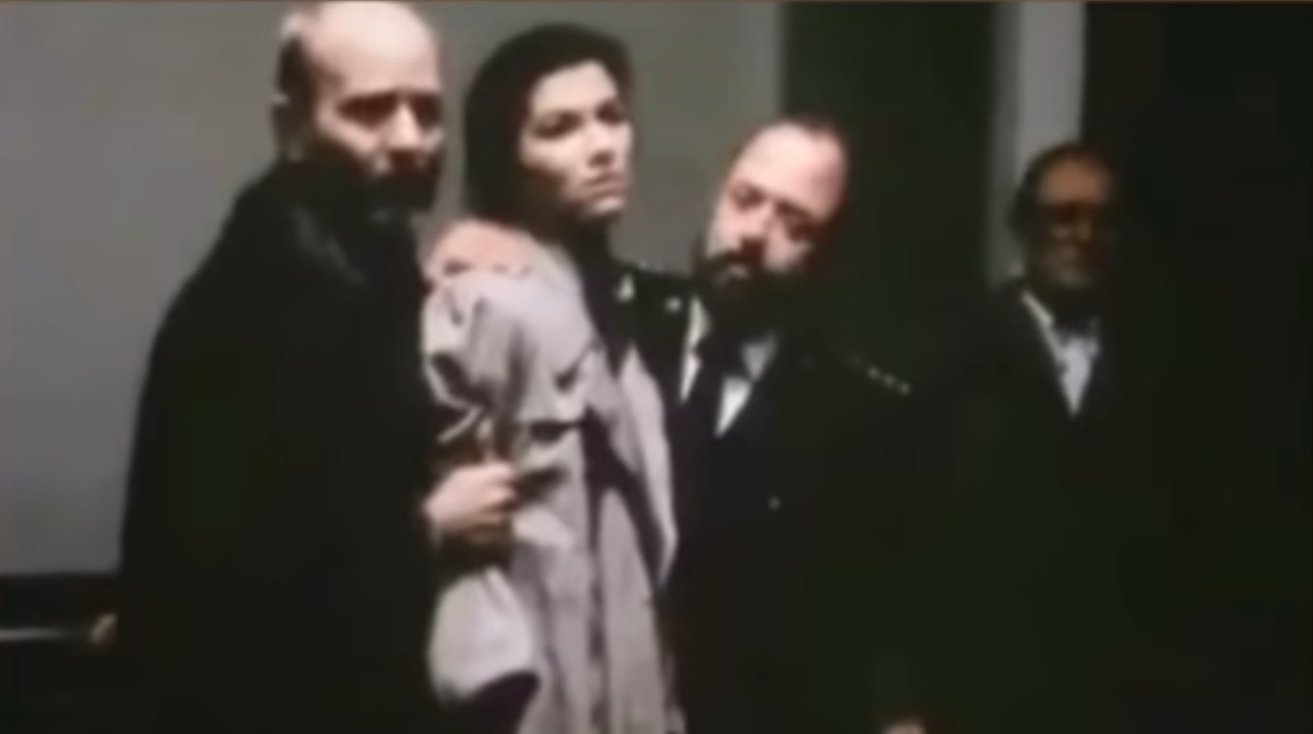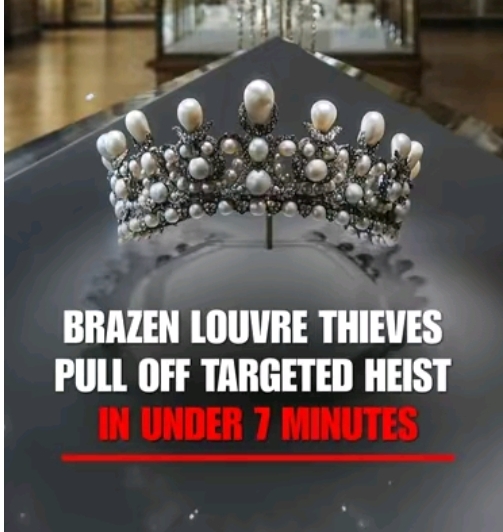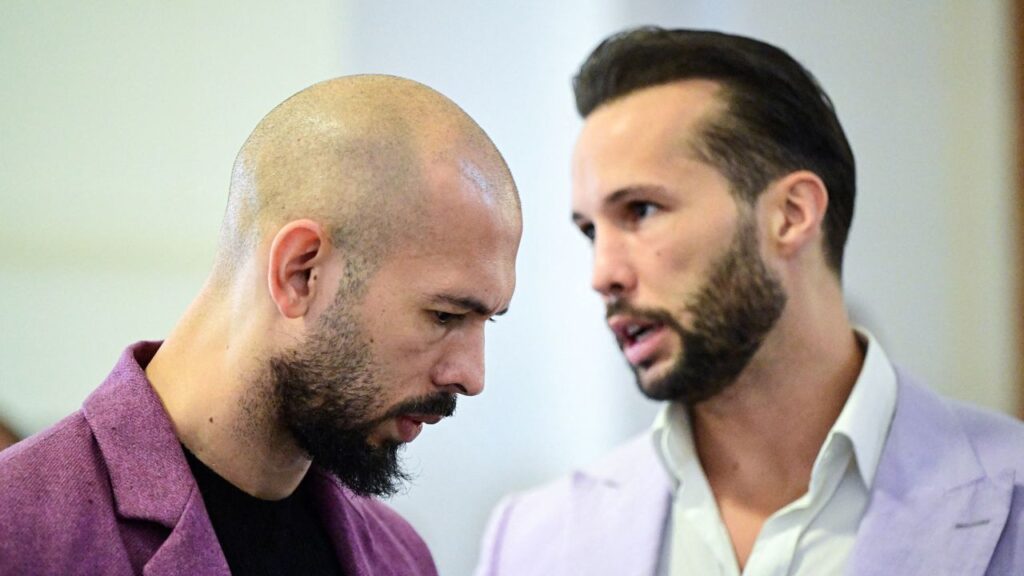On the morning of March 5, 1980, seven-year-old Anna decided to skip school after an argument with her mother. An independent second grader, Anna often wandered the neighborhood alone and would sometimes visit her neighbor, 35-year-old Klaus, to play with his dogs. What she didn’t know was that Klaus had a violent criminal history, including the assault of multiple children and the attempted murder of a six-year-old girl.
That day, Klaus lured Anna inside, held her captive for hours, and ultimately killed her. He later confessed to his fiancée, who reported him to the authorities. During Klaus’s trial, Anna’s mother, Marianne, sat in the front row, visibly distraught and screaming at him in anguish.
On the third day of the trial, Marianne arrived wearing a large coat that concealed a Beretta pistol. In a moment of raw fury, she fired seven shots at Klaus, killing him in the courtroom. She immediately surrendered and was arrested.
Public opinion was deeply divided. Many saw Marianne as a grieving mother delivering vigilante justice and questioned why she was arrested at all. Others criticized her parenting, pointing out that Anna was often left unsupervised, sleeping on benches and wandering the streets alone. Some believed Marianne’s grief was performative, especially as she later seemed to embrace the attention from supporters.
Despite the controversy, Marianne was convicted but received a lenient sentence—she served only three years before being released. The judge appeared sympathetic, possibly influenced by the emotional weight of the case.
The story raises difficult questions. Was Marianne’s act one of a devoted mother seeking justice, or was it a desperate attempt to atone for past neglect? The case remains a polarizing example of grief, vengeance, and the complexities of parental responsibility.
What do you think? Was Marianne justified, or did her actions reveal deeper failings? Share your thoughts in the comments.




